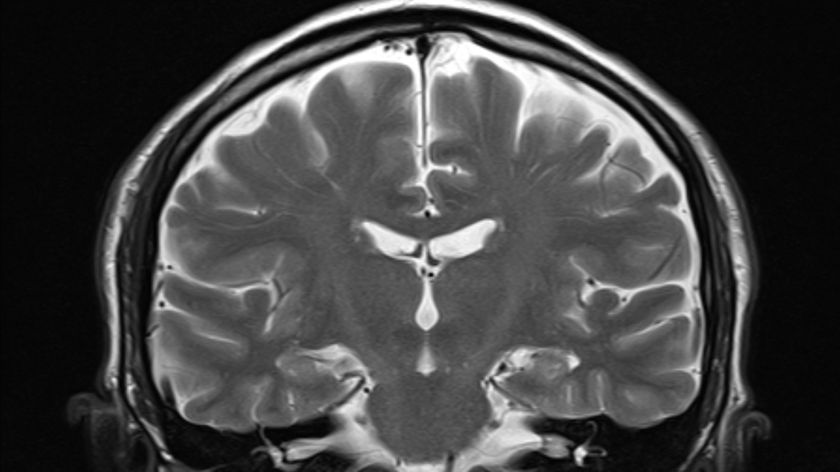Flu Infection Needed to Allow Spread of Pneumonia or Meningitis

The flu is known to spur secondary diseases like pneumonia and meningitis, but new animal research suggests that the bacteria that cause these illnesses are only able to spread among people who already have the flu.
Researchers found that infant mice were only able to contract Streptococcus pneumoniae (which causes pneumonia and bacterial meningitis) if they were already infected with the flu. When influenza infection was blocked in the mice, the pneumococcal bacteria were unable to spread, said study researcher Dimitri Diavatopoulo of the Radboud University Nijmegen Medical Centre in the Netherlands.
Even though the results were only shown in mice, "we feel that our observations are an accurate representation of what's happening in the human population," Diavatopoulo told MyHealthNewsDaily.
Streptococcuspneumonia live in up to 80 percent of children's nasal passages without causing any harm. Scientists have long known that if a person colonized with the Streptococcus pneumonia bacteria is also infected with the flu, the person has a greater chance of that bacteria spreading to other parts of the body (such as the lungs, in the case of pneumonia) than someone not colonized with the bacteria, he said.
But these results are the first to show that influenza infection is a necessary precursor to spreading the bacteria among people, Diavatopoulo said.
The study emphasizes the importance of getting a flu shot to prevent the spread of the virus, he said.
Researchers still aren't completely sure what it is about influenza infection that allows the pneumococcal bacteria to spread. One possible reason is that the influenza virus increases shedding of the pneumococcal bacteria through sneezing and coughing, Diavatopoulo said. Another reason is that the flu weakens the immune system of a person and allows them to be susceptible to bacterial infection, he said.
Sign up for the Live Science daily newsletter now
Get the world’s most fascinating discoveries delivered straight to your inbox.
"What we found is that both these factors play a role in the infection of bacteria," Diavatopoulo said.
Next, Diavatopoulo and his colleagues are studying how the influenza virus affects specific parts of the immune system, and how this increases susceptibility to bacterial infection. Researchers also hope to confirm the study results in humans.
The study was presented today (April 10) at a meeting of the Society for General Microbiology.
Pass it on: In order to be infected with the bacteria that cause pneumonia and meningitis, mice must first be infected with the flu. The same may be true for humans.
Follow MyHealthNewsDaily staff writer Amanda Chan on Twitter @AmandaLChan.
This story was provided by MyHealthNewsDaily, a sister site to LiveScience.












